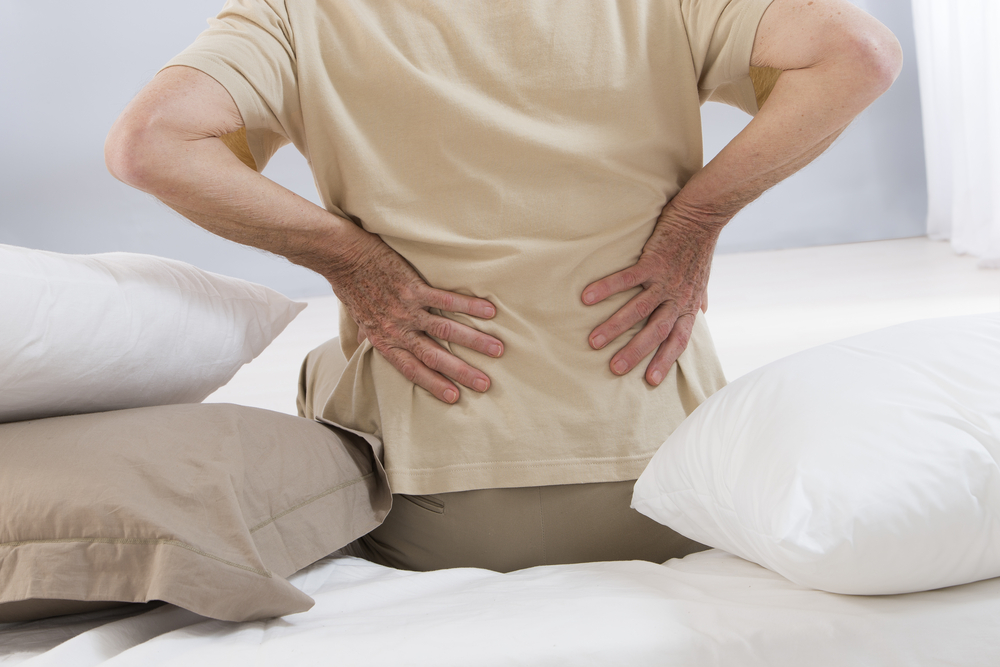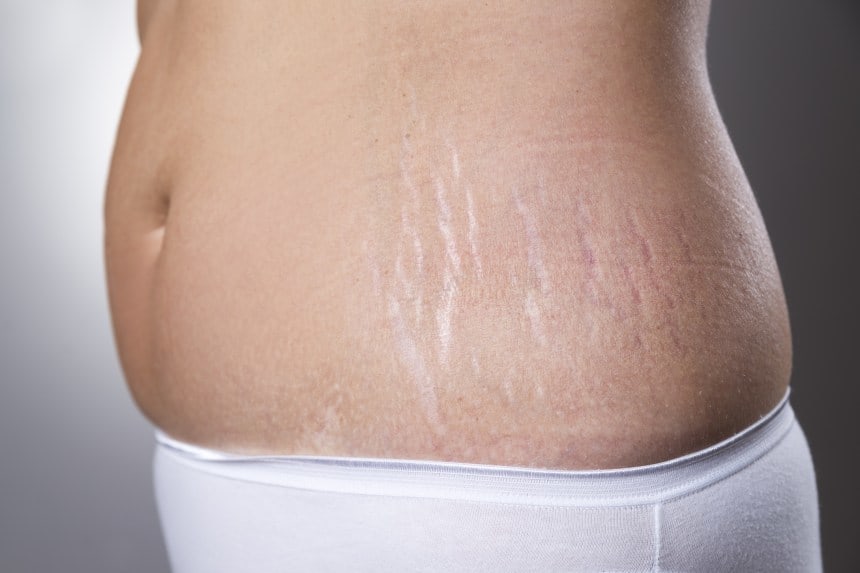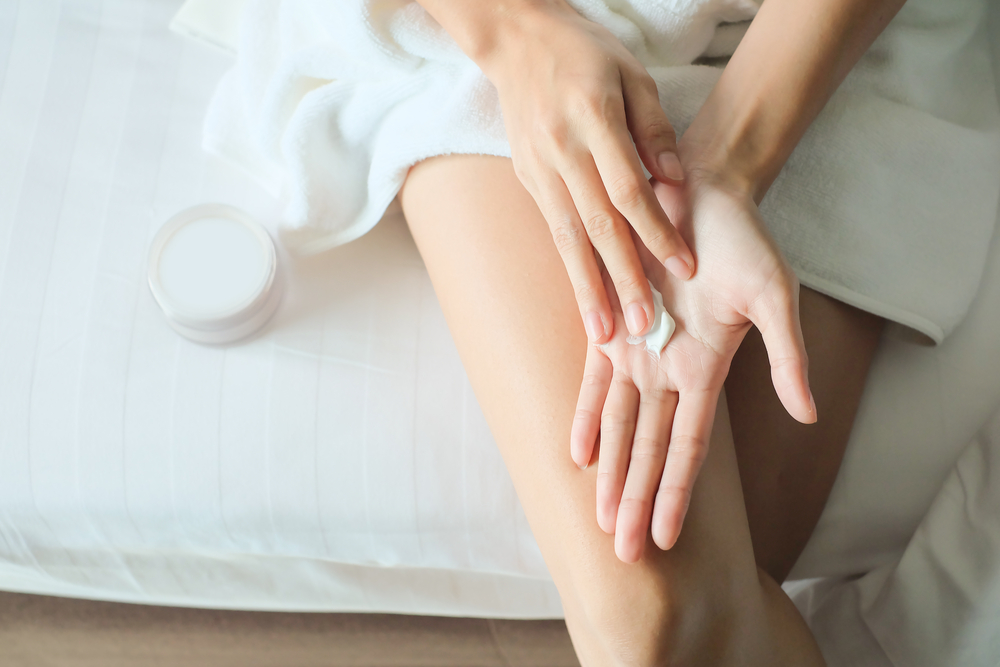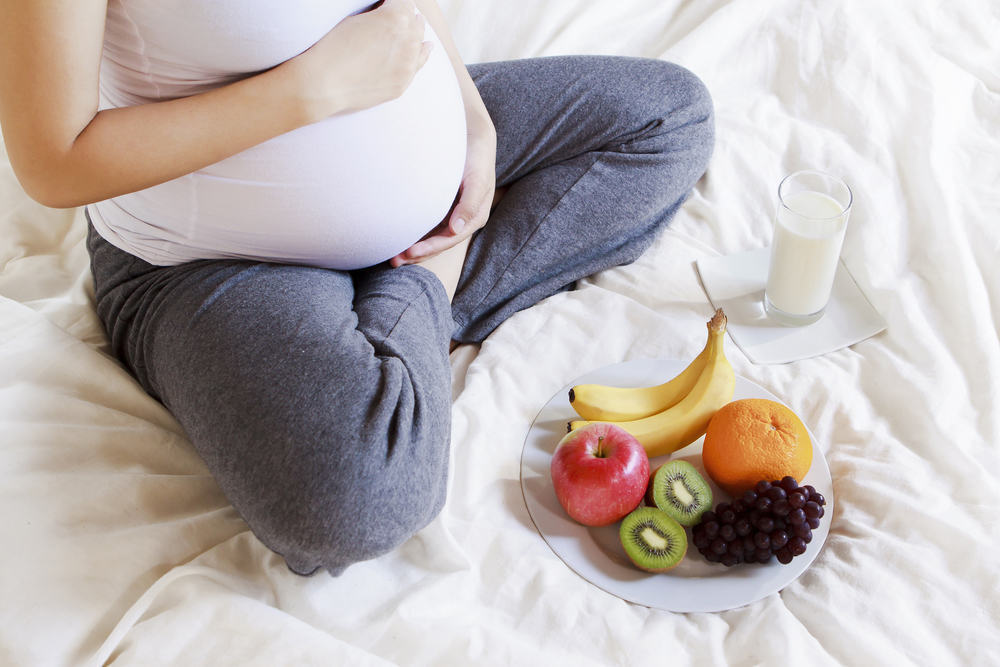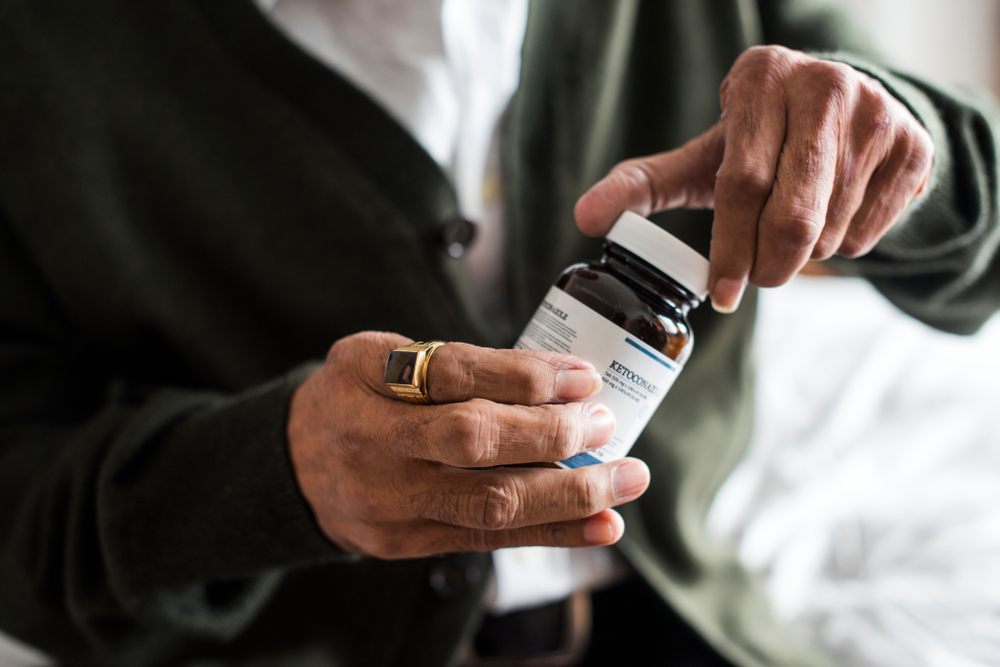Contents:
- Medical Video: Signs and Dangers of Calcium Deficiency - Calcium Deficiency Symptoms
- What are the signs of weak bones that you can feel?
- 1. Decreased ability to do physical activity
- 2. Nails are easily brittle
- 3. Reduced strength
- 4. You often feel cramps, muscle aches, and bone pain
- Then, how to overcome it?
Medical Video: Signs and Dangers of Calcium Deficiency - Calcium Deficiency Symptoms
Have you ever thought whether your bones are healthy or not? This is indeed quite difficult to detect because your bones cannot be seen. Even though bone is seen as a hard organ, bone is actually a living tissue that is equipped with blood vessels, nerves and other soft tissues. Then, can we see signs of weak bones that occur in ourselves?
What are the signs of weak bones that you can feel?
Weak bones are bones that have low mineral density. These weak bones tend to break easily when there is a small impact.
Actually, there are no symptoms that you can feel when your bones are weak, but the sign of a weak bone that can be seen and felt most is when your bones break easily.
Most people will not know they have weak bones until they experience fracture and the doctor diagnoses it. If you are over 50 years old and you have a broken bone just because of a slip, chances are you have a sign of weak bones. This condition is usually called medical osteopenia.
Osteopenia is a weak bone condition before someone experiences it osteoporosis. According to the National Osteoporosis Foundation, someone who has osteopenia has a greater risk of developing osetoporosis. In this phase, the bone begins to lose its mineral density. According to Dr. Susan E. Brown, You can actually see signs of weak bones before your bones are completely porous.
1. Decreased ability to do physical activity
The sign of a weak bone that you can feel most is a decrease physical fitness which can be measured by aerobic capacity, muscle strength, and even your balance.
If your fitness decreases, it is very likely that your bone mass will also decrease. This condition is compounded by those of you who feel afraid and worried about doing sports activities that you consider to be severe due to age or feeling lazy.
According to Dr. Susan E. Brown, a woman who is not physically active, can still have a good body balance after doing sports that are tailored to her needs.
Even older people aged 80-90 years have the ability to adapt and respond to endurance sports and adapted strength. So, you should not be afraid to move.
2. Nails are easily brittle
If your nails are easily brittle, but you don't have any medical conditions, this could be a sign of the weak bones that you begin to feel. According to Dr. Susan E. Brown, a woman's nails grow stronger and healthier along with increasing bone health, this was concluded after observing a woman who was undergoing a bone health program at the Center for Better Bones.
Nail health can be an initial sign to see if your bones are fine or start weak.
3. Reduced strength
As you get older, one way to keep the risk of fractures is to prevent falls. Therefore, good balance, overall muscle strength, and your ability to lift objects are very important.
In a recent study of postmenopausal women, hand strength is a physical test that can be used that is related to bone mineral density.
If you begin to feel your ability is reduced in carrying or carrying something, you can start the appropriate exercise to increase hand strength.
4. You often feel cramps, muscle aches, and bone pain
Often feel cramps, muscle aches, and bone pain can be a sign of weak bones. Muscle pain and bone pain are the most often overlooked symptoms, but usually this is caused by a lack of vitamin D (a very important vitamin for bones). According to health experts, lack vitamin D very related to the muscle pain you feel.
Not only muscle aches and bone aches, you also have to pay attention to the cramps that you often feel. Foot cramps that occur at night can be a sign that the levels of calcium, magnesium, and potassium in your blood drop very low at night, when you don't eat food. If this condition occurs continuously you should consider going to a bone doctor.
Then, how to overcome it?
The two key nutrients that are important for strong bones and overcoming signs of weak bones are calcium and vitamin D. Calcium will support the structure of bones and teeth, while vitamin D will maximize calcium absorption and support bone growth.
Calcium intake for adults up to age 50 is 1,000 milligrams per day, while vitamin D is needed at around 200 IU. After the age of 50 years, the intake must be increased by 1,200 mg of calcium and 400-600 IU of vitamin D per day.
Some calcium-rich foods can also overcome signs of weak bones and increase bone strength are milk, cheese, beans, tofu, and green vegetables. In addition, you can also meet the needs of calcium and vitamin D from supplements.
Overcoming weak bones can also be done with physical activities that train balance and coordination, and support stamina stability. To build and maintain strong bones, physical activity or sports are needed that focus on strengthening muscles and exercising with weights. However, before you do this, consult this matter first with your doctor.
In sports with a load, the legs are required to support the body's weight so the bones will work harder so that it makes it stronger. Some recommended sports include walking, running, and dancing. Meanwhile, muscle strengthening exercises are needed to stimulate the tendons and the bones become stronger.

